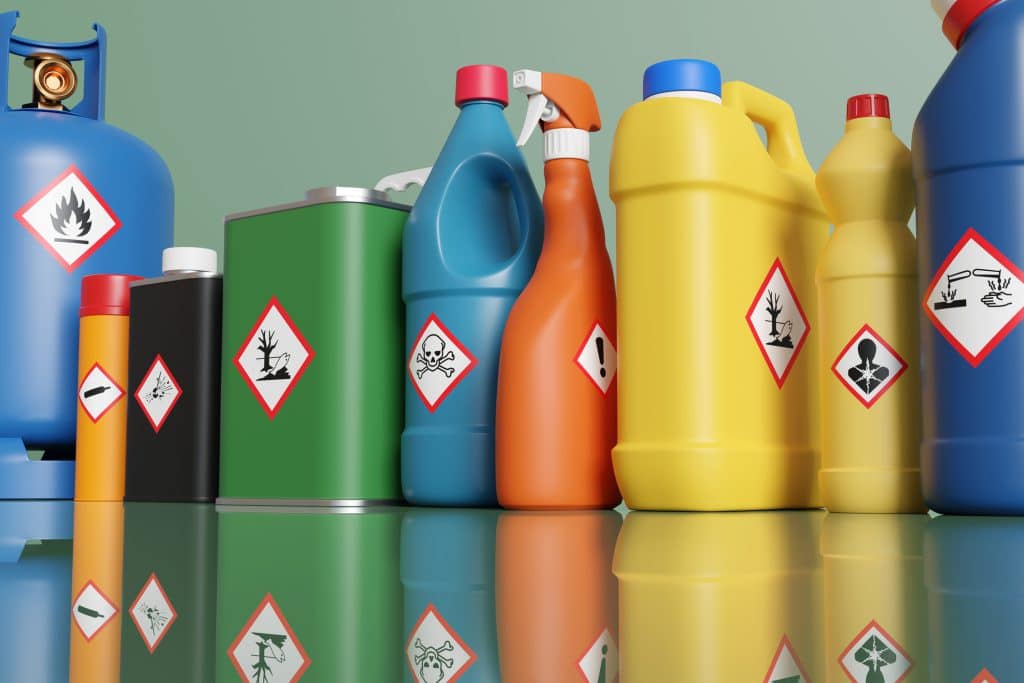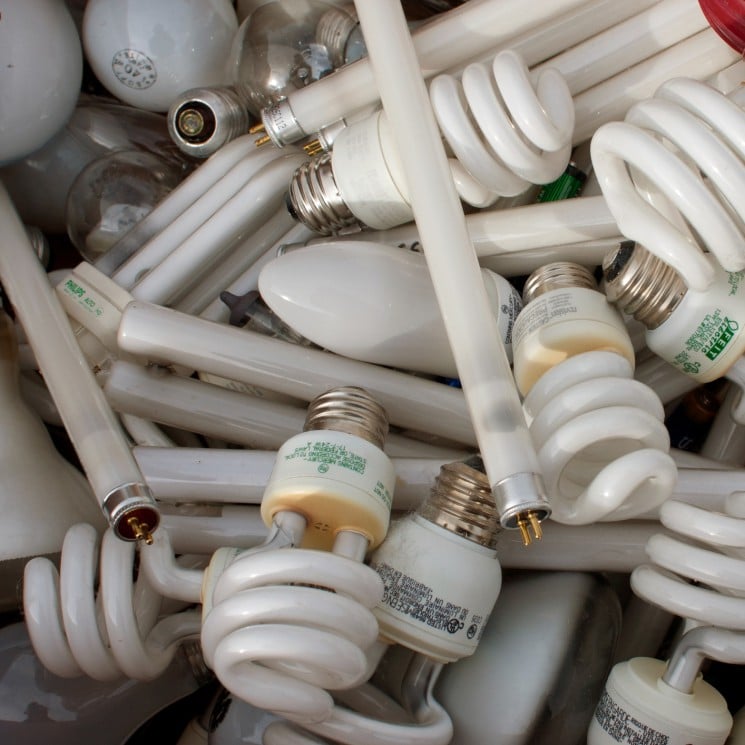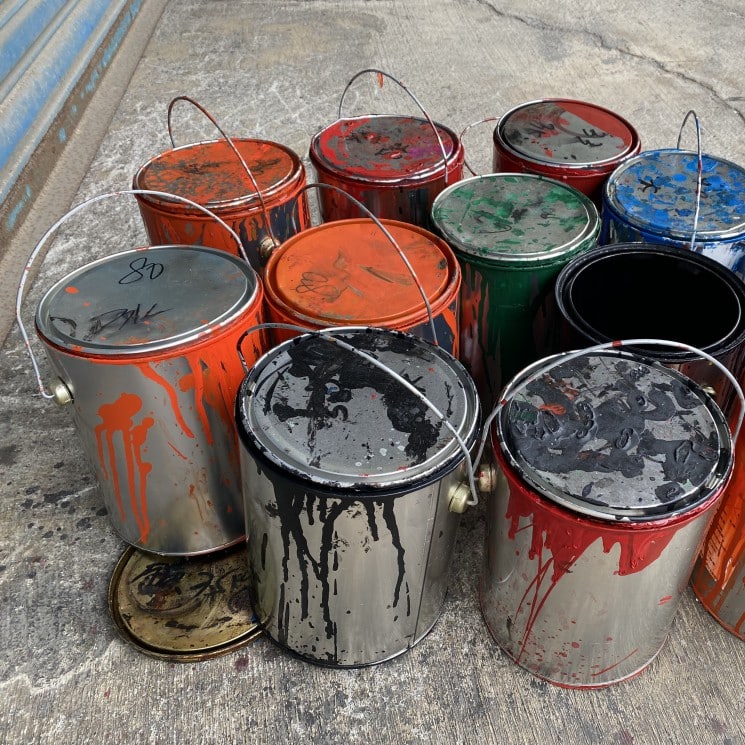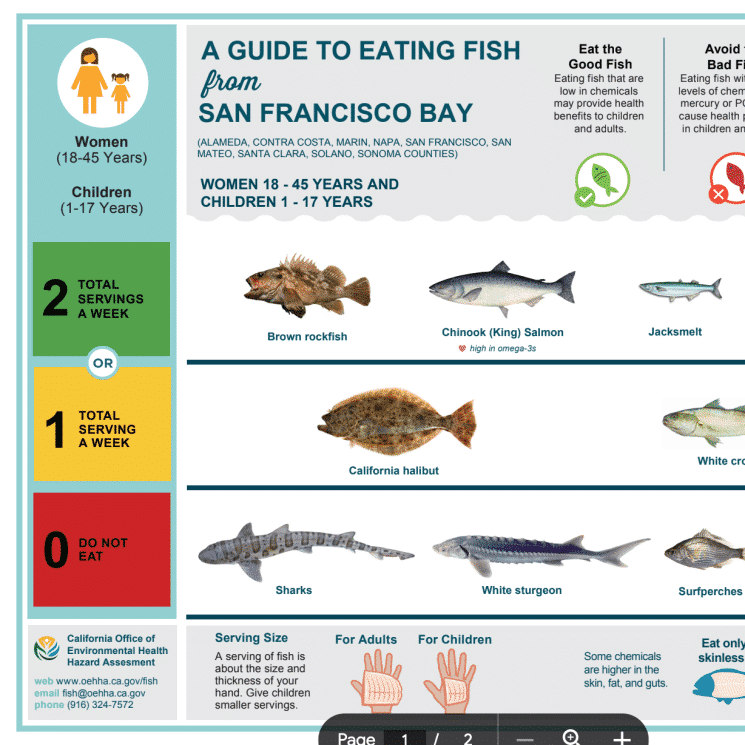Never Put Fluorescent Lightbulbs or in the Trash or Recycling
Improper disposal of mercury containing products, such as fluorescent lightbulbs or mercury containing thermometers, is a human health and water pollution problem. When fluorescent lamps break at home or in landfills, they release mercury – a potent neurotoxin. Each year, broken and landfilled fluorescent lamps and lightbulbs in the Bay Area release enough mercury vapors to contaminate a water body almost as big as Lake Tahoe.
By properly disposing of products that contain mercury, you protect your health and our waterways.




